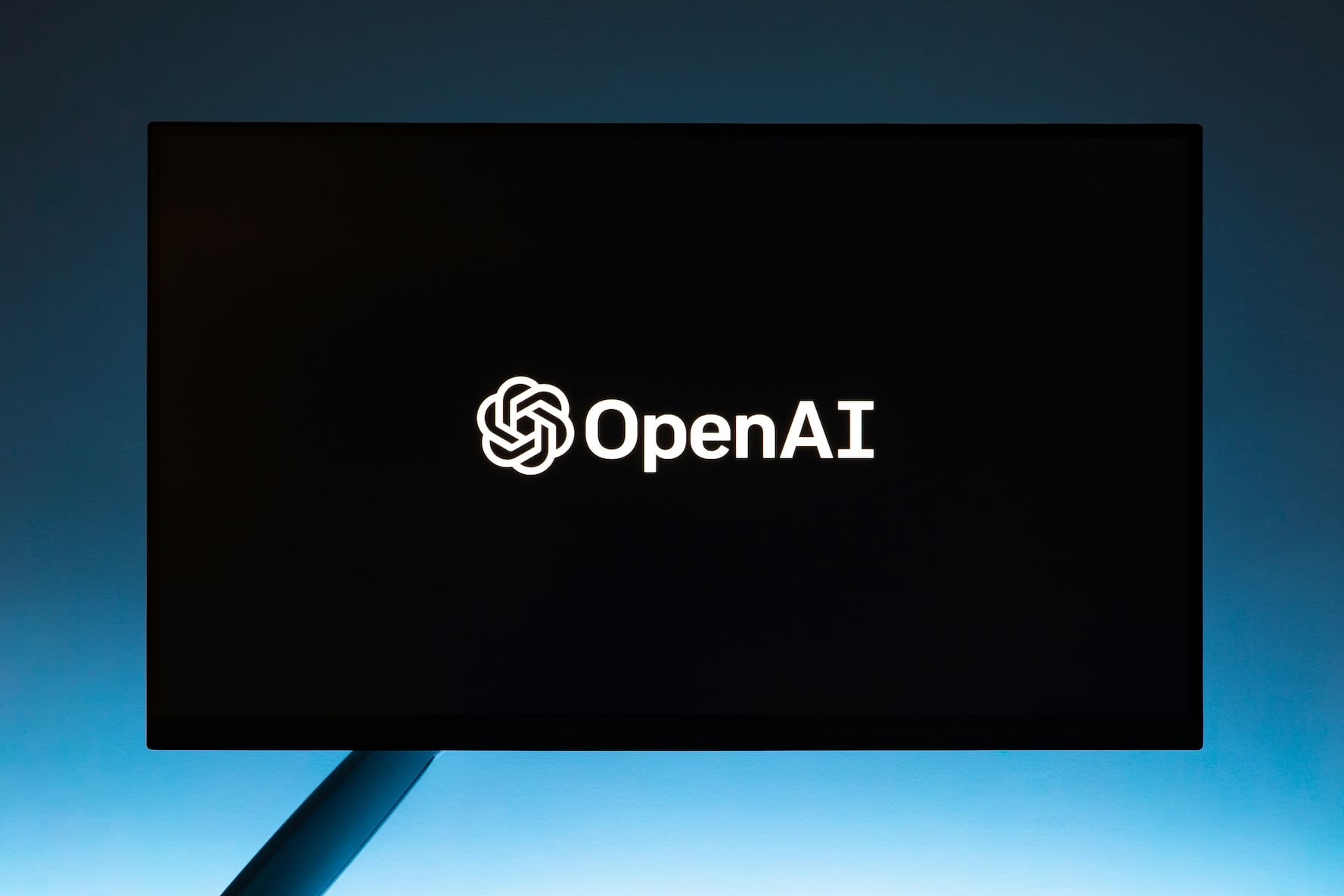Sure, here is the translated text in American English:
OpenAI, the organization that revolutionized research in Artificial Intelligence (AI), has faced significant challenges since its founding. Initially conceived as a non-profit entity, its focus has evolved towards a more pragmatic model to secure the necessary resources in the race toward Artificial General Intelligence (AGI). Elon Musk, one of its co-founders, played a key role in proposing a shift towards a for-profit model, a move aimed at maintaining competitiveness against tech giants like Google and DeepMind.
Hardware, the engine of progress in AI
The advancement in AI is not limited solely to algorithms; computational capacity plays a crucial role. According to OpenAI, major achievements in AI have often been reached with models trained over 7 to 10 days, a timeframe that allows for rapid and effective iteration. Without proper hardware, even the most promising ideas can fail.
Companies like Google and Facebook have demonstrated that the availability of massive computational resources defines the pace of innovation. Google Brain, for example, has approximately 100,000 GPUs, while DeepMind and Facebook AI Research (FAIR) operate with tens of thousands of units. This infrastructure enables the development of advanced models and experimentation on a scale that academic institutions and many businesses cannot match.
The challenge of building AGI
The creation of AGI, an artificial intelligence that can match or surpass human capabilities across a wide range of tasks, remains OpenAI’s primary goal. To achieve this, fundamental questions still need to be addressed, such as teaching systems to transfer skills learned in one domain to another, fostering artificial curiosity to discover deep patterns, and training models capable of adapting to unprecedented situations.
However, OpenAI believes that with sufficient computational resources, these barriers could be overcome. The acceleration in the development of hardware specifically for AI, with estimated performance increases of 10 times per year for the next four to five years, could lead to historic breakthroughs.
The transition to a sustainable and competitive model
To stay at the forefront, OpenAI has adopted a strategic approach that includes increasing its hardware capacity and expanding its team of experts. The organization plans to expand its GPU cluster from 600 to 5,000 units, an investment that will require an initial capital of $12 million and annual operational costs of $5 to $6 million. Additionally, it seeks to grow its staff from 55 people in 2017 to 200 by 2020.
The shift to a for-profit model has been essential to secure the necessary resources. Musk has highlighted the importance of having an overwhelming advantage in hardware, noting that technologies such as the four-chip custom-designed card or the Cerebras system could place OpenAI on par with Google in terms of computational power.
Flagship projects and impressive results
Among OpenAI’s recent advancements are a bot that exceeds elite players in competitive video games and a robot that is close to solving the Rubik’s Cube. These projects showcase the impact of training models with advanced hardware and reflect the organization’s potential to achieve its ambitious goals.
In parallel, OpenAI has made progress in resolving adversarial examples in computer vision systems and optimizing models for complex tasks. These improvements are proof that investment in hardware and talent is yielding tangible results.
The balance between innovation and responsibility
While the pursuit of AGI presents transformative opportunities, OpenAI remains committed to safety and ethics in AI development. The organization seeks to establish the initial conditions for AGI to emerge in a safe and controlled environment, ensuring that this technology serves to benefit humanity.
With a focus on integrating talent, hardware, and sustainable strategies, OpenAI positions itself as a key player in the evolution of AI. As advancements continue to accelerate, the organization faces the opportunity to lead not only in technological outcomes but also in defining an ethical future for Artificial Intelligence.

